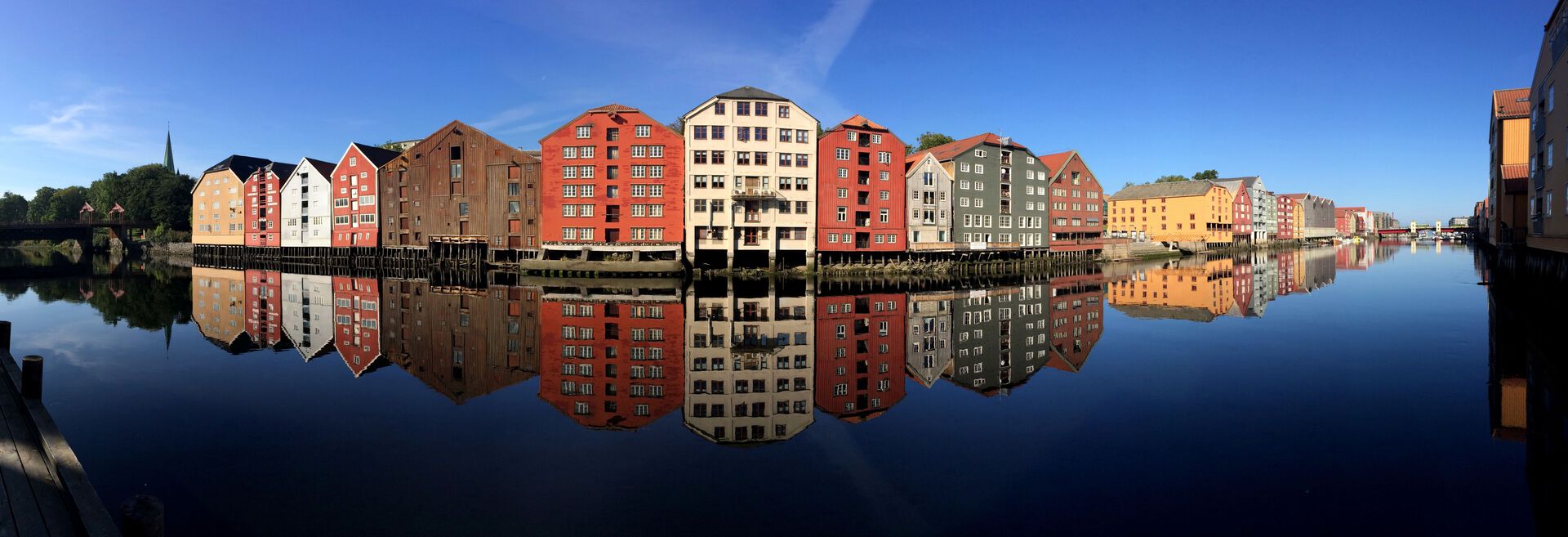The series of Advanced Research Courses offered by the Norwegian Research School in History will delve into a specialized topic and focus on historiography and research methods. The course will be organized by NTNU.
The course will be organized in conjunction with the professional skills workshop "Quantitative Methods in History (1 ECTS)" at NTNU.
This course provides an in-depth introduction to quantitative and computational methods, covering some of the techniques most widely used in research in the historical and social sciences. The hands-on course will teach students to apply basic quantitative methods to real historical information, both quantitative and qualitative, as well as equip them with the necessary background to understand and interpret the historical literature using quantitative methods.
No background in statistics is required and statistical theory and mathematics will be kept to a minimum. The goal is to provide students with the tools to critically engage with the literature relying on quantitative methods and to be able to conduct original research using these tools in academia, the public sector, or business. In the process, students will learn basic programming skills in R, statistical software widely used by practitioners in many different fields both inside and outside academia.
The course revolves around two main themes:
- Classic statistical methods: descriptive statistics, correlation and regression analysis.
- Computational content analysis: natural language processing (including word frequency, dictionary methods, text classification), topic models, digital corpus management and web scraping.
Taught intensively over five days, the course is structured into 10 three-hour sessions combining lectures (approx. 1 hour) and applied sessions behind a computer (approx. 2 hours). Students will learn by applying the different concepts to real data used by historians.
The course will be conducted in English and will be held at NTNU.
Learning outcome
- Critically engage with studies relying on quantitative methods.
- Conduct original research using these tools in academia, the public, or the business sector.
- Continue to develop skills in quantitative methods based on the foundations provided in this course.
- Acquire basic competence in R, a statistical software widely used by practitioners in many fields.
Learning platform:
The learning platform used for this course is Microsoft Teams. The assignments must be uploaded in MS Teams.
Registration deadline: September 26, 2022
We accept applications on a first-come-first-served basis for students of the partner institutions and other members of NRSH. For non-members, we will offer available spaces for PhD students in history and other historical disciplines after the registration date. To apply, please fill out this registration form
We will assess the applications shortly after the deadline and inform you of the assessment no later than five days after the deadline.
Teachers:


Francisco J. Beltrán Tapia - NTNU
Gregory Ferguson-Cradler (inn.no)
Deadline for manuscripts/assignments: tbd
Required work for credits
- Students are expected to attend and participate through the whole course (including social events). Paper/assignments must be handed to the set deadline and be approved.
- The 3-ECTS course would take place in person during five days (Nov 21-25) divided in morning and afternoon sessions (3 hours each, so 30 hours in total).
- The participants shall also submit assignments and read the syllabus. This will be detailed at a later date. The reading list & assignments will reflect the increased in-class teaching for this course.
Contact information:
Costs:
All participants must organize and pay for their own travel.
Participants from the partner institutions of the Norwegian Research School in History who do not live in the Trondheim area will have their accommodations paid for. NTNU will book accommodations.
There will be a lunch served each day and there will also be a (or two) dinner organized for all participants.
Partner institustions:
- University of Agder, Department of Religion, Philosophy and History
- University of Bergen, Department of Archaeology, History, Cultural Studies and Religion
- BI - Norwegian Business School, Department of Law and Governance
- Nord University, Faculty of Social Science
- NTNU - Norwegian University of Science and Technology, Faculty of Humanities
- University of Oslo, Department of Archaeology, Conservation and History
- UiT - The Artic University of Norway, Department of Archaeology, History, Religious Studies and Theology
- Volda University College - Social Sciences and History
* Advanced research courses will delve into a specialized topic. It may be either a course in historiography and research methods or in the application of historical knowledge in society at large. Both variants will have an international reach: we invite prominent academics outside of Norway to teach them, and seek participation by PhD students at non-Norwegian universities.
